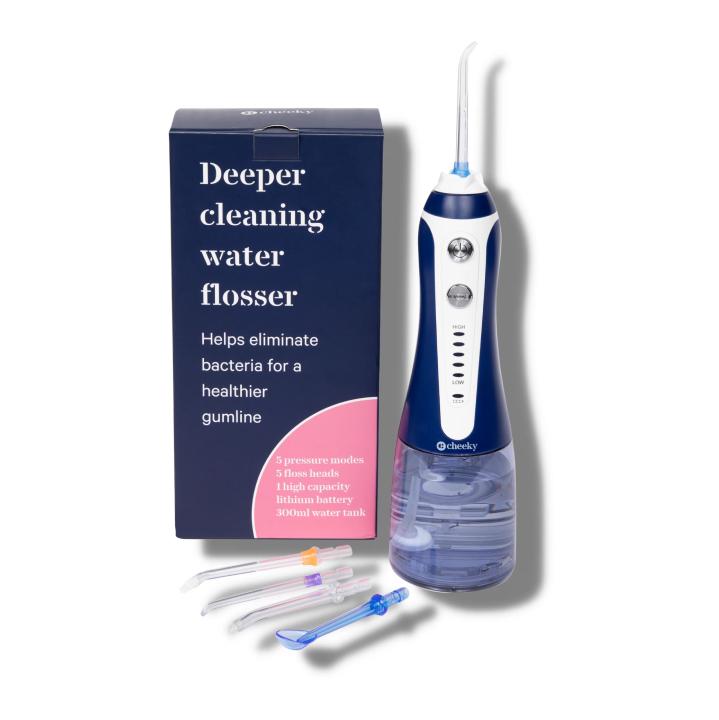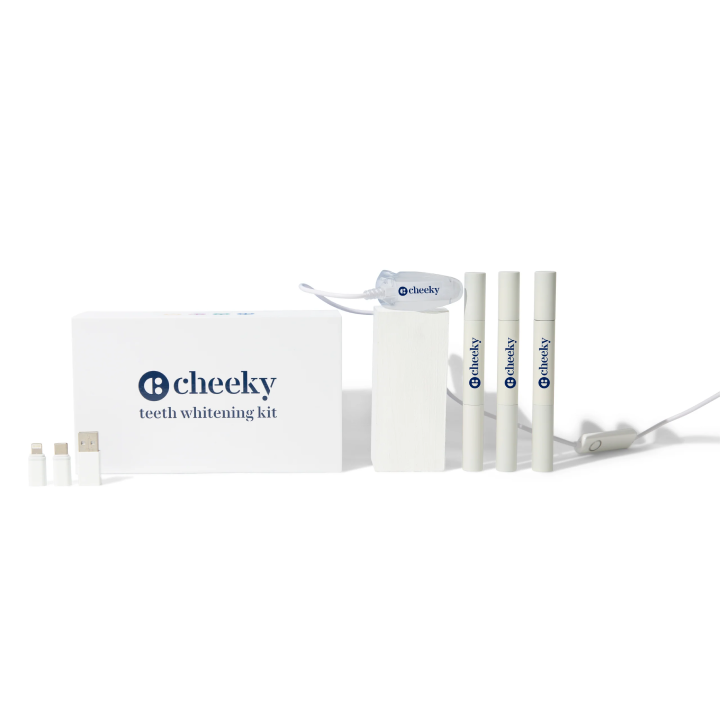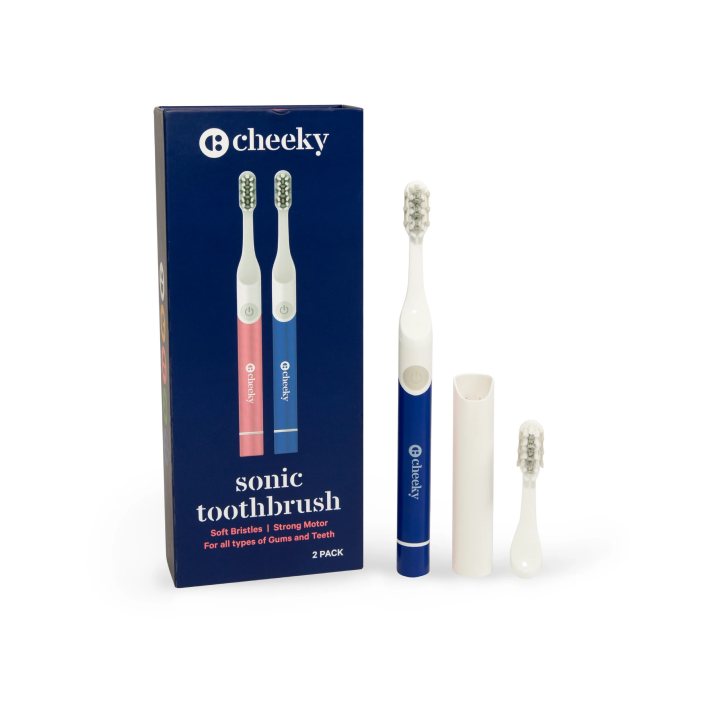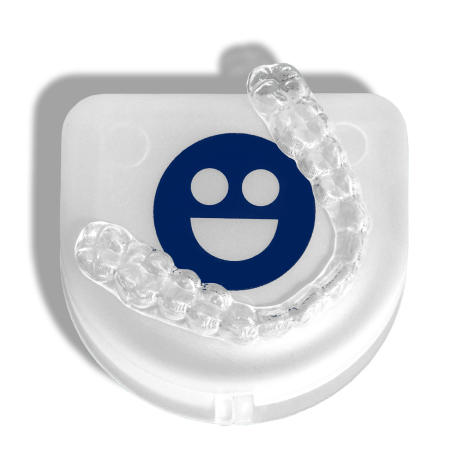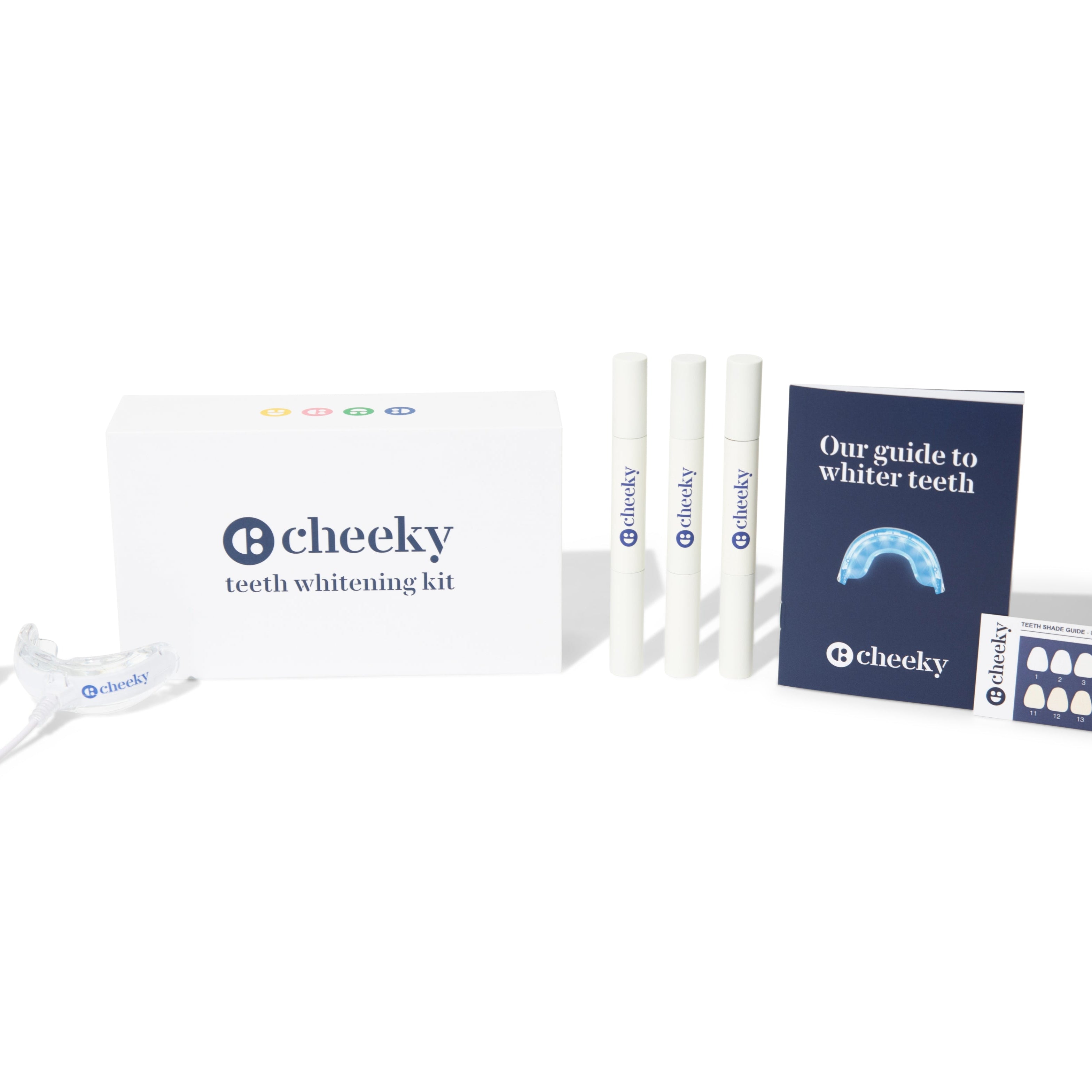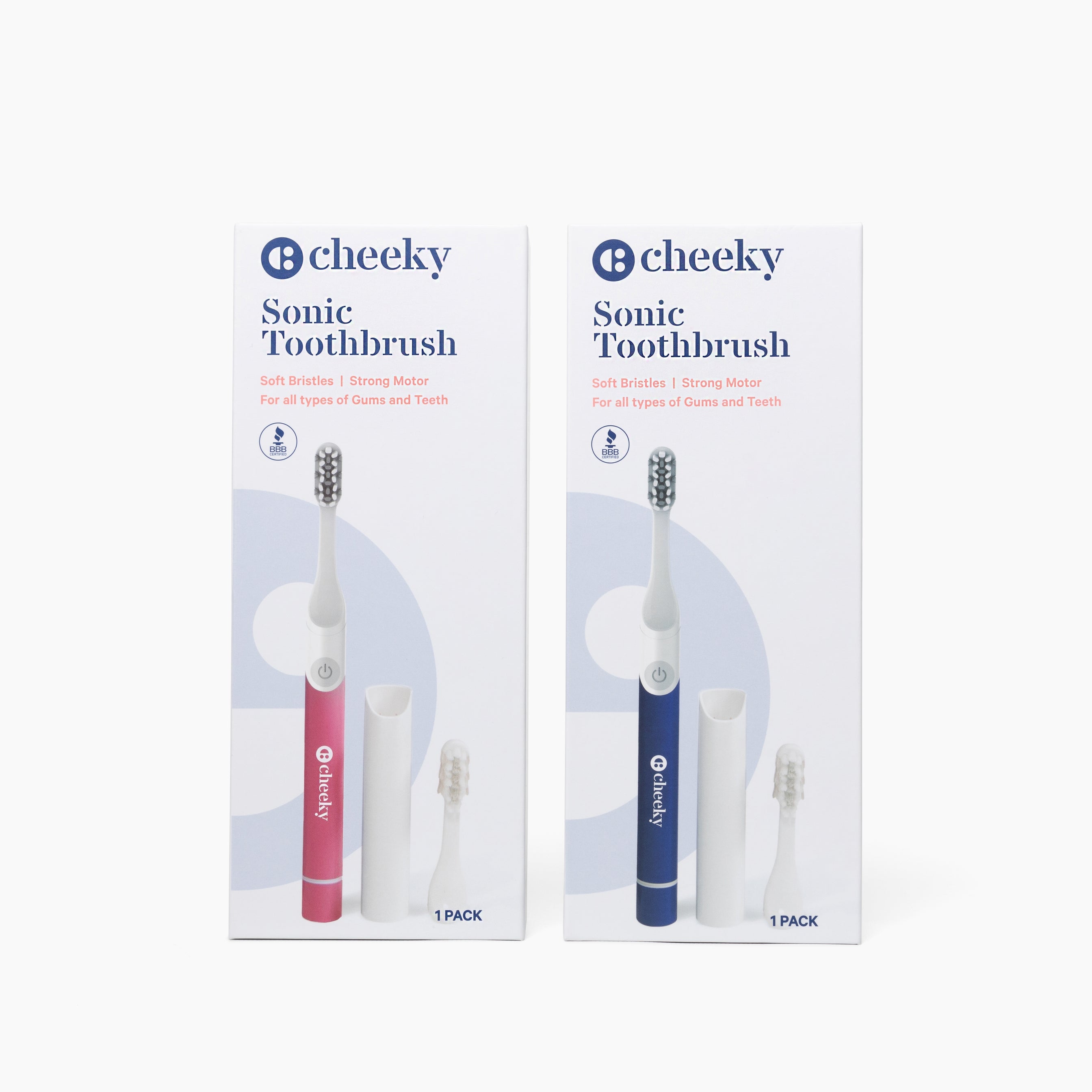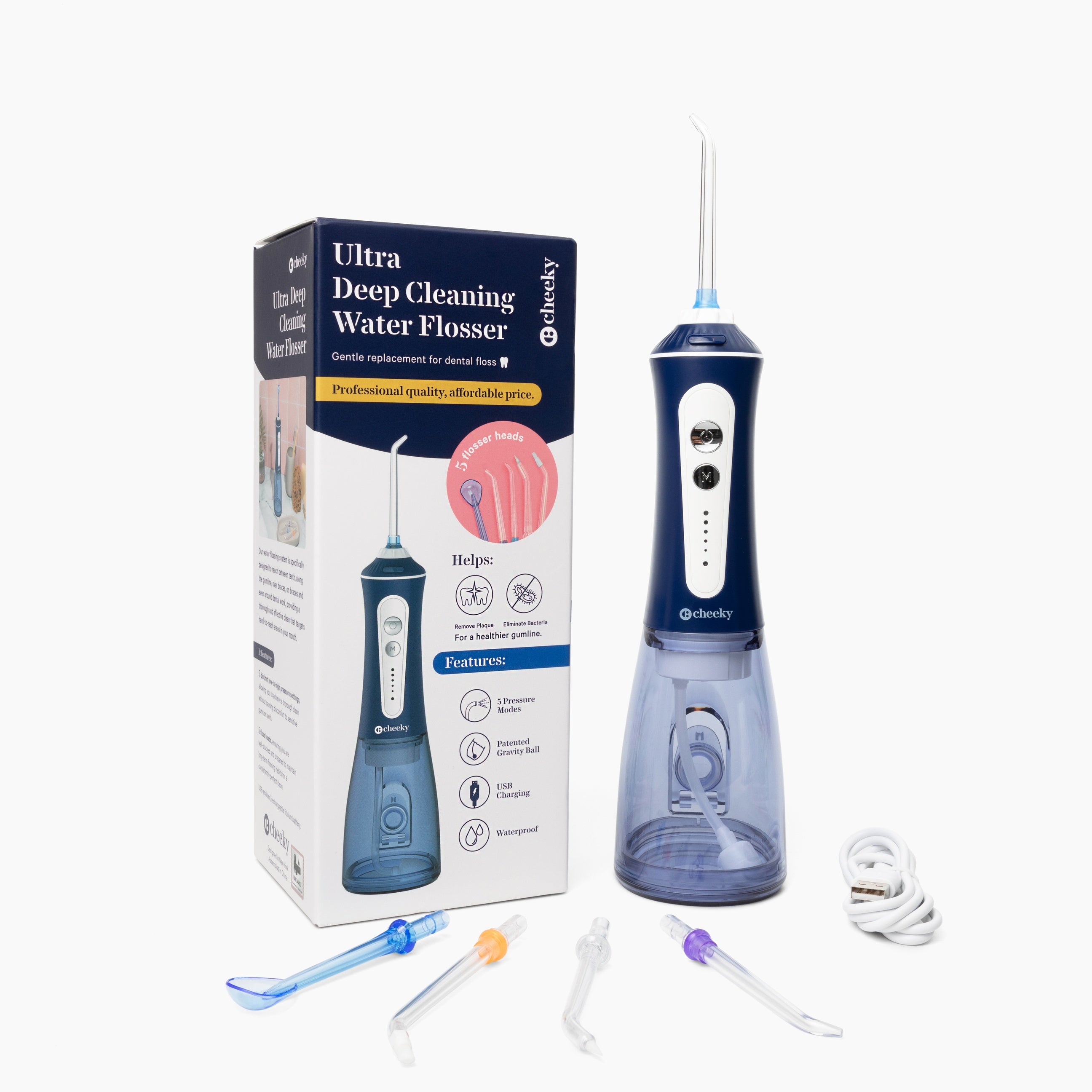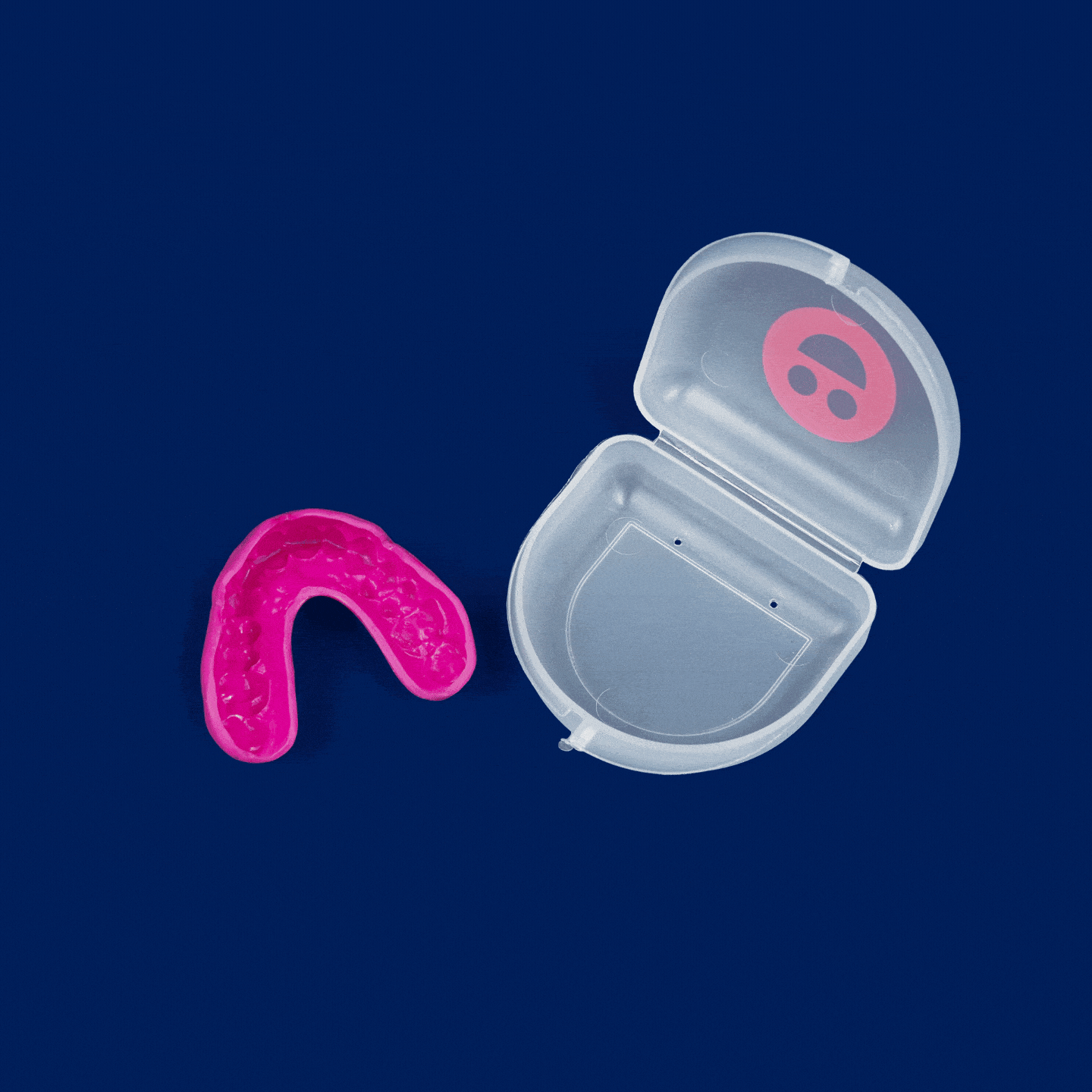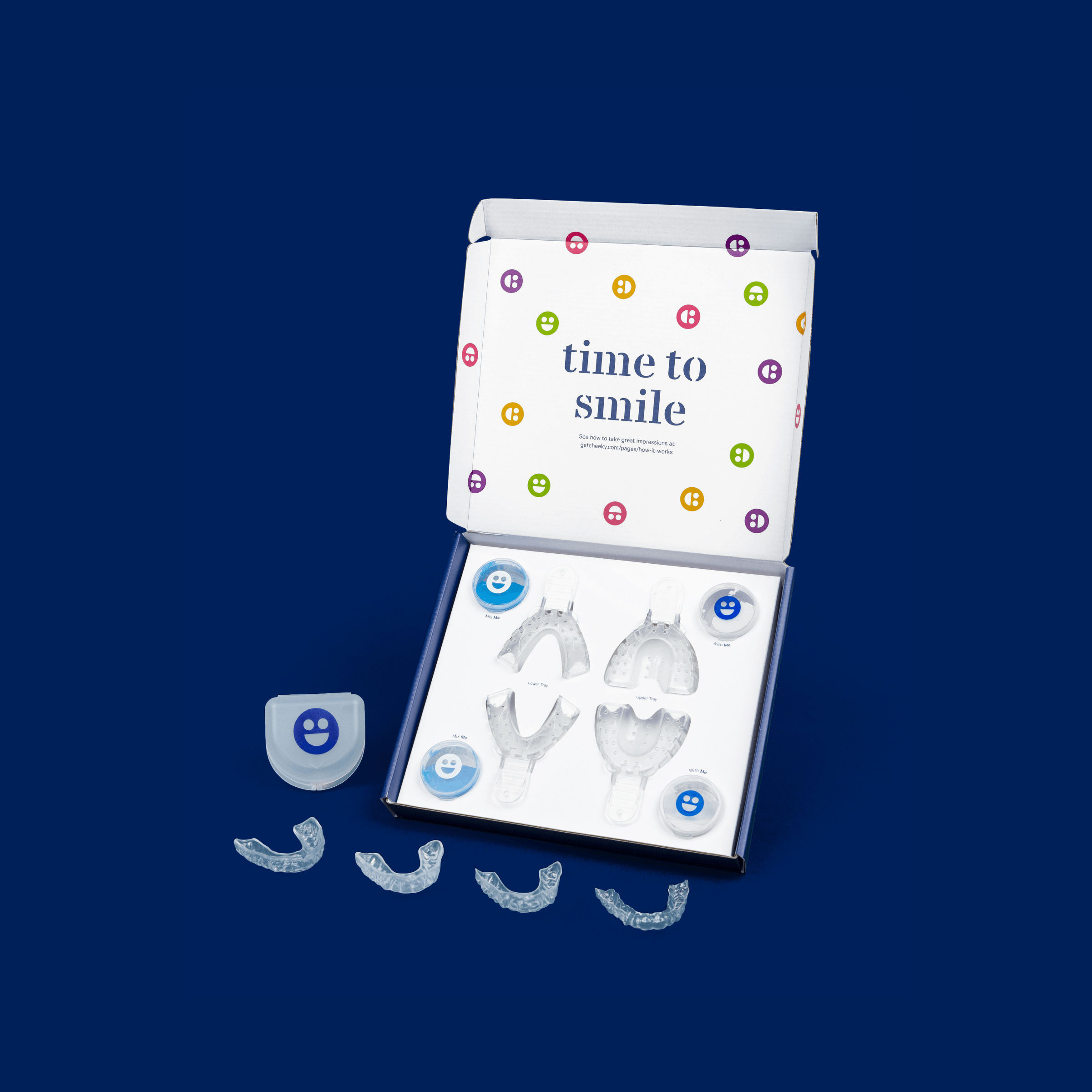My mouth guard turned yellow, is that a bad thing? This is a classic question among those wearing this removable oral device. It’s normal to be worried after noticing a drastic change in your dental appliance. Particularly if it’s turning yellow or has noticeable discoloration.
A mouth guard or night guard is a practical device, capable of creating a barrier between the lower and upper teeth. Its primary goal is to safeguard your teeth. It is a go-to choice for curbing the clenching or teeth grinding at night. This clenching can be the result of an oral health problem called sleep bruxism.
But, a night guard has multiple uses. Patients with temporomandibular joint (TMJ) can rely on this oral device to manage their disorder. Even if your oral health is in tip-top shape, you will still be wearing a night guard if you play sports that could damage your teeth.
Such as boxing, hockey, or football. In fact, athletes are 60 times more likely to harm their teeth if they don’t wear a mouth guard. That’s because the risk of sports-related concussions is relatively high with high-impact activities such as these.
If the night guard you’ve been wearing has turned yellow, don’t worry. In this guide, you can figure out the different reasons for discoloration. And what you can do to fix that. Here is a closer look at the best ways to care for this oral device and restore its former shine.
Why Is My Night Guard Yellow?
It depends. Night guards collect tartar, plaque, and bacteria build-up. It’s critical that you give the device a rinse after each use. Otherwise, the discoloration can happen. But, the discoloration will vary based on what the product is made of.
For example, rubber-type mouth guards are more porous and will discolor with time. Hard plastic alternatives are less likely to discolor than their softer counterparts. The night guard could be turning yellow due to:
- Bacteria build-up – The exact same bacteria that is leading to cavities, foul breath, and plaque, could also make the mouth guard turn yellow. If you don’t maintain oral hygiene, the odds of night guard discoloration increase. For example, if you didn’t brush your teeth or mouth guard, and you use the device, all those food particles stuck on the teeth, can expose the product to germs.
- Visible signs of damage – Scuffs, marks, and grinds can happen. Bruxism (teeth grinding) can damage the product. Any type of facial impact, pressure, or force, can also damage the device. This could lead to discoloration. That’s why you might need to replace it every 6 months.
- Improper use – You are supposed to use the device only when you sleep or do sports. If you go overboard, you increase the possibility of damage. The same thing can happen with inadequate care and maintenance. The night guard needs a scrub and proper storage too.
Being old – You can’t wear the same mouth guard forever. The product does get old, and with age, the discoloration can happen. The materials start to deteriorate, which is why dental experts suggest patients replace their oral device when it gets too old.
If you notice your mouth guard turning yellow, take it with you to your next dental appointment. The dentist will evaluate both the product and your teeth.
- Tip: When you don’t wear the mouth guard, store it in a case. If you store it on a bathroom shelf, the humidity and steam could warp the product.
How Do I Make My Night Guard Clear Again?
When you first purchased this oral device for temporomandibular disorders (TMD), it arrived looking pristine and clean. As time went on, there was some cloudiness. Now the cloudiness obtained a yellow hue. So, how do you whiten the mouthguard? Here are some tips on how to care for a night guard.
- Non-Abrasive Toothpaste
Wash the device clean with non-abrasive toothpaste. Use a separate soft bristle toothbrush than the one you use for your teeth to prevent cross-bacteria contamination. Start by rinsing the product first. Then, apply some toothpaste, and scrub the surface without using too much force. Rinse it and let it dry.
- Baking Soda
If the mouthguard for TMD smells bad or has too much debris, then the baking soda washing trick can help. Take a bowl and mix equal parts of water and baking soda. The goal is to get a paste that you can use to scrub the surface. Then, dip the toothbrush into the solution and apply it to the night guard. Rinse the device with cool water and let it dry.
- Vinegar and Hydrogen Peroxide
To get under every nook and cranny, you might want to try the vinegar and hydrogen peroxide mix. This is a natural solution that can give the device a deep clean. Rinse the oral device. Take a small glass jar, with enough space to fit the mouth guard inside. Pour in some vinegar until you completely cover the product.
Let it sit for about half an hour. Then, take it out, rinse it, wash the jar as well and return the device to the jar. Cover it with some hydrogen peroxide. Let it sit again for another half an hour. Rinse the device and let it dry.
- Tip: The night guard case needs a clean too. Otherwise, all your efforts will go down the drain. Wash it every couple of days with classic dishwashing soap.
Can You Bleach Your Mouth Guard?
Although bleach might look like a solid disinfection strategy, it’s not a good idea to use it. It could damage the product. Also, don’t submerge the mouth guard in boiling hot water. The high temperatures can warp or damage the product as well.
What you can use is an OTC non-abrasive denture cleaner. These cleaners feature sodium hypochlorite, which is a chemical bleach. Read the product instructions and use it properly to keep the night guard in good shape.
Do have in mind, however, that some OTC denture cleaners have artificial dyes and scents. If your body is sensitive to these ingredients, it could react to them. So, talk to your dentist and see which mouth guard cleaning solution is best for you.
The Easy Way to Take Care of Bruxism and TMD
Cheeky makes it easy and affordable to say sayonara to the pain and tension accompanying TMD and bruxism. Never deal with gross night guards again! Our custom nightguards will give you the best night of sleep you’ve had in months.
Pick your plan and customize your nightguard with Cheeky today.
